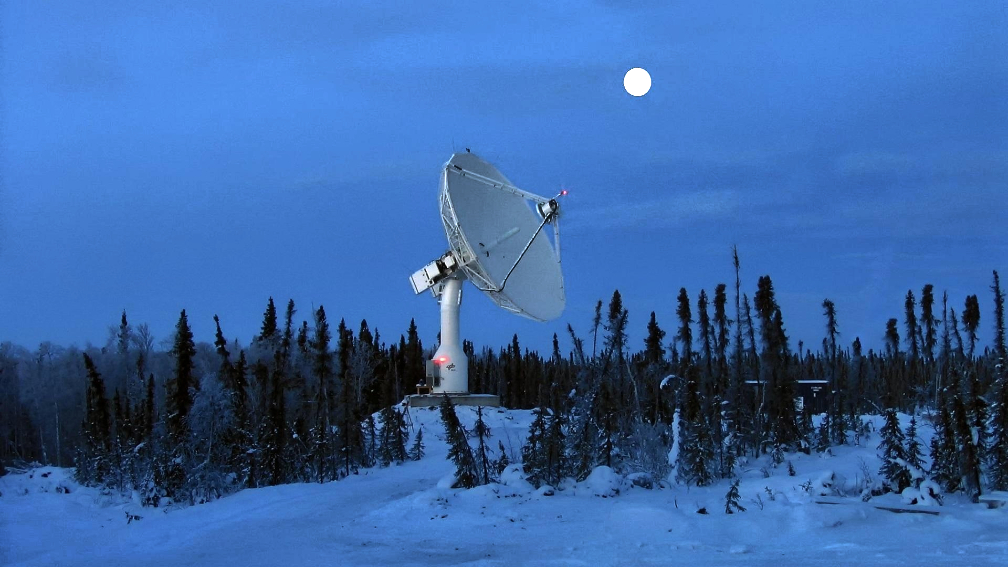Swedish Space Corporation (SSC) has signed an agreement with the European Space Agency (ESA) for data reception support of the Biomass satellite scheduled for launch in late 2023.
Biomass is set to explore and collect important data about the Earth’s forests; it will take stock of the carbon stored globally and monitor the evolution over the 5 year’s lifetime of the mission exhibiting plant growth and deforestation.
As the only commercial GS provider, SSC will support the mission with X-band data downlink connectivity from its polar ground stations in Inuvik and Kiruna.
Biomass is the seventh satellite to be launched within ESA’s Earth Explorer program, a series of research missions dedicated to specific aspects of our Earth environment – from the atmosphere, biosphere, hydrosphere and cryosphere down to the Earth’s surface and interior. SSC is also contracted to support the sixth Earth Explorer mission, the EarthCARE satellite, which is scheduled for launch early in 2023.

“We are very happy to continue working with SSC on yet another ESA mission,” said Michael Fehringer, ESA Project Manager for the Biomass mission.
“It’s an honor to support yet another mission within this ESA flagship program. By combining the coverage from our polar ground stations in Inuvik and Kiruna, called the Kinuvik Concept, we are able to support Biomass with long-duration data downlink on every orbit, as well as redundancy with both stations being visible on most orbits,” said Lars Johansson, SSC Business Development Director EMEA. “Kinuvik is already a popular ground segment solution among EO satellite operators since it ensures more data in fewer orbits, helping important research such as Biomass to move forward as quickly as possible. We are proud that our ground infrastructure is increasingly leveraged for research and applications which contribute to a more sustainable use of our Planet’s resources.”

The Biomass satellite will be launched with a Vega rocket from ESA’s station in Kourou, French Guiana